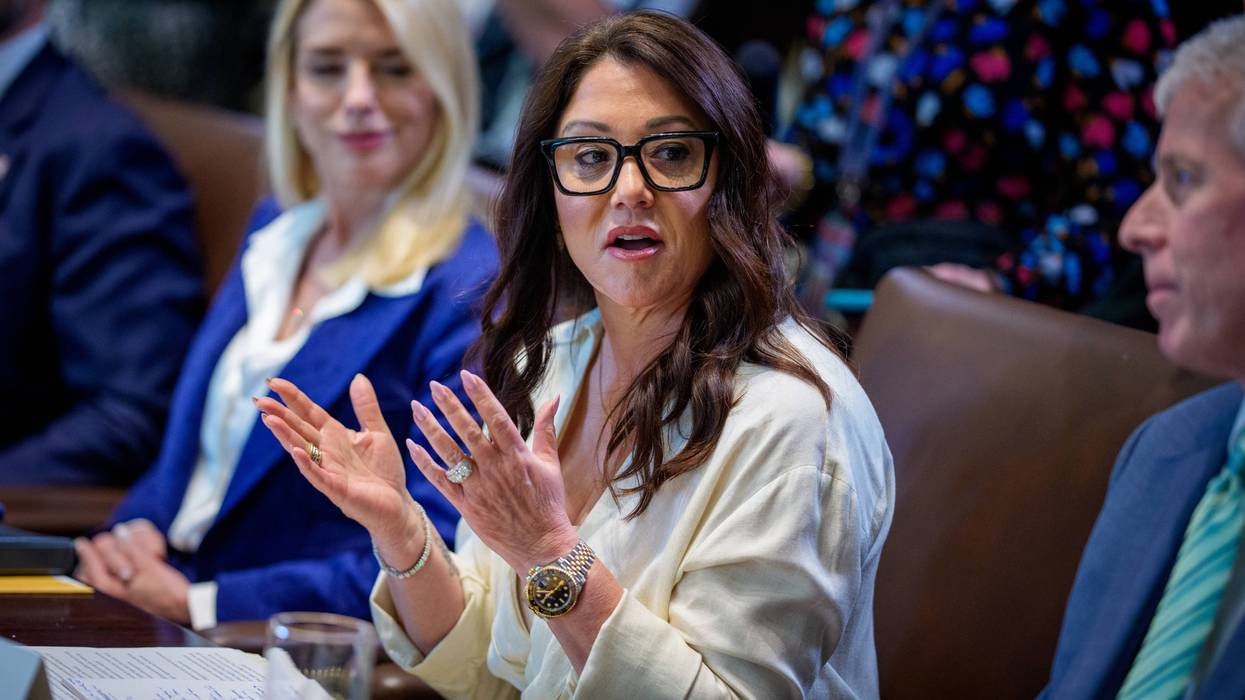The U.S. House of Representatives today passed a bill aimed at solving a critical part of America's wildfire suppression funding crisis. The Federal Land Assistance, Management and Enhancement (FLAME) Act is designed to help federal agencies address the escalating cost of suppressing wildfires. It would also relieve the burden placed on other vital programs and services each year when the agencies pull money away from them to fight fires.
"This continues to be a great week for everybody who cares about our public lands," said William H. Meadows, president of The Wilderness Society. "A day after the new administration and new congress passes a major public lands bill, the House approves legislation that will help us solve the chronic problem of underfunding wildfire suppression. This means we won't have to keep 'robbing Peter to pay Paul' - taking money away from programs and services we all love so we can scramble to cover fire suppression."
The measure would create a reserve account that the Forest Service and Department of Interior could tap if they exhaust their firefighting budgets. This would prevent the annual practice of taking money away from other vital programs and services in order to fund wildfire suppression.
Objectives that regularly get moved to the backburner include:
* campground maintenance
* recreation and wilderness management
* fish and wildlife habitat protection
* watershed restoration
* land acquisition
* global warming research
Meanwhile, the cost of suppressing fires has grown enormously in recent years and projections indicate that this trend will only increase as a result of climate change and increasingly populated wooded areas. For example, the Forest Service has spent over $1 billion per year in five of the last seven years to extinguish fires. Wildland fire management activities (the largest component of which is suppression) rose from 13 percent of the agency's budget in fiscal year 1991 to close to 50 percent in fiscal year 2008.
The bill now heads to the Senate, where chances for a green light are promising at it already has 12 co-sponsors. President Barack Obama has also expressed support for the principles of the bill.
FLAME Act's key sponsors already include: Nick J. Rahall (D-West Virginia), Raul Grijalva (D-Arizona); Norm Dicks (D-Washington); Mike Simpson (R-Idaho) and Greg Walden (R-Oregon). Senate sponsors include Jeff Bingaman (D-New Mexico), Lisa Murkowski (R-Alaska), Barbara Boxer (D-California), Ron Wyden (D-Oregon), Tom Udall (D-New Mexico), Maria Cantwell (D-Washington), Patty Murry (D-Washington), Tim Johnson (D-South Dakota) and Jon Tester (D-Montana).
The 2009 bill builds on the bipartisan support generated last year. In 2008, the bill was endorsed by the five former Forest Service chiefs, American Forests, National Association of State Foresters, National Association of Counties, National Federation of Federal Employees, the Western Governor's Association, and nearly 40 other conservation and community-based and forestry organizations.




